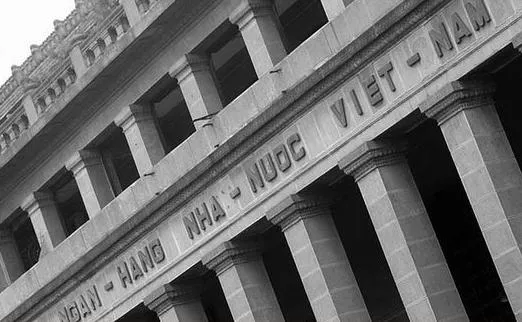
Vietnam acts to forestall banking crisis
A disconcerting jump in bad debts is forcing Vietnam to take measures to prop up the country’s banking industry.
The State Bank of Vietnam, the central bank, will force mergers among weak banks and keep monetary policy “tight” yet flexible as it contends with a credit crisis that has shut down thousands of businesses.
It has also increased efforts to overhaul a banking system weighed down by bad debts after rapid credit growth in past years created a trade deficit and Asia’s fastest inflation rate.
The central bank said it’s ready to force mergers among weak lenders and keep monetary policy “tight” yet flexible as it grapples with a credit crunch that has forced thousands of companies out of business.
Analysts said the merger in 2011 of three Vietnamese banks into one to bolster liquidity and cut costs is a template for a process of bank consolidation. Merged were three unlisted and privately owned banks: First Commercial Joint-Stock Bank, Tin Nghia Commercial Joint-Stock Bank and Saigon Commercial Joint-Stock Bank.
Vietnam has 50 banks, including five state-owned banks and five wholly foreign-owned banks. The five largest listed banks had total assets of almost US$63 billion as of Sept. 30.
Prime Minister Nguyen Tan Dung has ordered the central bank to solve a shortage of funds within the first quarter.


















 Advertise
Advertise







